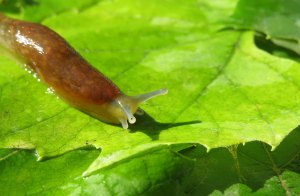Researchers use therapeutic cloning to create functional tissue in cows
Cloned cells organize into muscle, heart and kidney tissue; animals show no rejection
In a study, researchers obtained cow oocytes (donor eggs from cow ovaries) and removed and discarded the nuclei, which contain the cells’ genetic material, leaving behind just the shell. A skin cell from the cow’s ears was placed inside the egg shell and burst with electrical energy to expand the cell. That induced the one skin cell to become several cells. Bioengineered tissues were created from heart, skeletal muscle and kidney cells cloned from adult cow skin cells. The cloned cells were harvested, expanded in culture and transferred to three-dimensional molds. The molds were placed in incubators to allow the cells to attach and form tissue. The cell-mold structures were implanted back into the cows from which the initial skin cells were harvested. Miniature kidneys, skeletal and heart muscle tissues were cloned. The miniature kidneys were able to excrete metabolic waste products through a urinelike fluid. There was no rejection response to the cloned tissues. “The study is proof of principle that therapeutic cloning can be used to create tissues without the threat of rejection,” said Anthony Atala, director of Tissue Engineering at Children’s Hospital Boston, senior author on the paper, and associate professor of surgery at Harvard Medical School.




